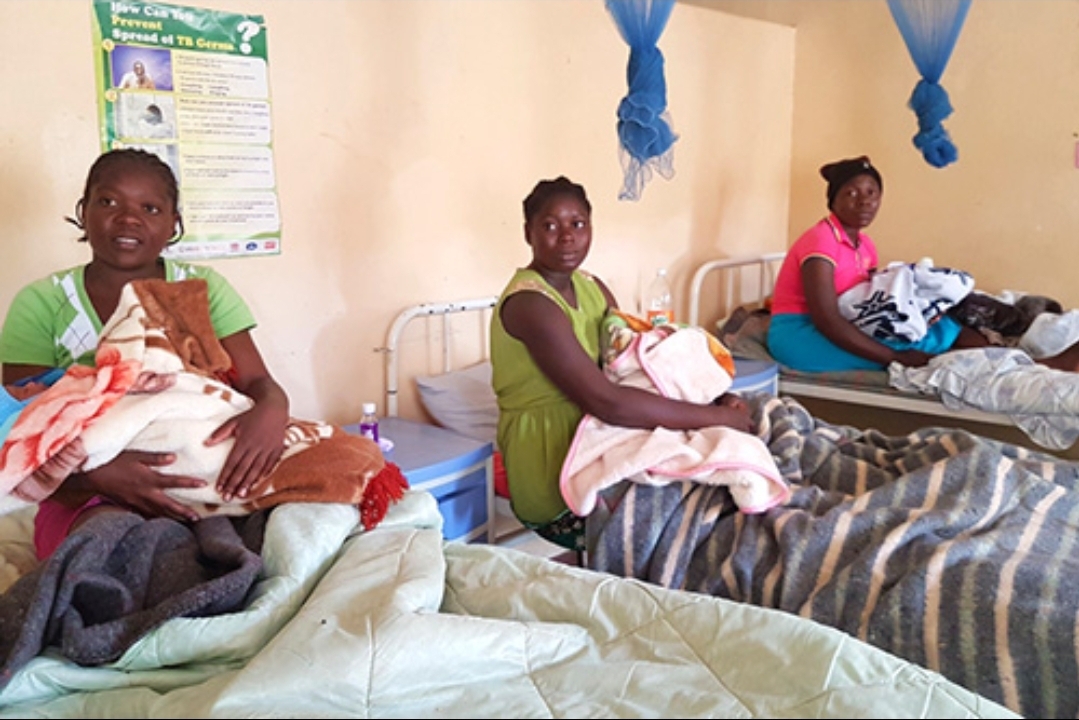Margaret Chinowaita
On the 12th of July 2021, the Zimbabwean Ministry of Health and Child Welfare announced that pregnant women, breastfeeding/lactating and other sections previously not accessing vaccinations could now receive a dose. This was contrary to announcements made earlier on the onset of a Government initiated vaccination program against Covid-19 this year, that pregnant women were not eligible to receive a dose.
The latest reports from the same ministry say that the Ministry wants to meet to discuss the effectiveness of vaccination to pregnant women or should be prohibited altogether. The ministry allegedly wants to conduct further research on the effects of Covid-19 vaccination on pregnant women. A ministry official said the ministry risk lawsuits from pregnant women that risk miscarriages from vaccination.
It is disturbing to note that the Government of Zimbabwe is putting the lives of pregnant women at risk. These inconsistencies in information dissemination will affect the lives of both unborn children and pregnant women. Zimbabwe has an ailing health delivery system already and further stressing the system with information gaps will be fatal.
Some pregnant women had already missed out on vaccination and could not easily access the new information. A leader of a woman’s Non-Governmental Organisation (NGO), Talent Jumo of Katswe Sisahood reported that her organisation had seen a surge in the number of new mothers dying of Covid-19 soon after giving birth.
Suffice to say, the ministry circular did not reach all corners of the country raising fears that some pregnant women are still in the dark. Some pregnant women live in areas where they have to walk long distances to access maternity services. Sometimes these women do not have the means to travel to such facilities and they give birth at home. These women do not have access to any health centre or information during their pregnancy. Pregnant women are bereft of access to information.
Women in rural settings suffer the most as information do not easily penetrate these areas. In Zimbabwe, this was necessitated during the era of President Robert Mugabe where rural areas were rendered deserts of information. Information of a political nature was inhibited from circulating in rural areas affecting all other forms of information. Pregnant women in rural areas have no access to important information about the changes to the policies that directly affect them. Covid-19 has proved to be a challenge that everyone should know about. Women should be rightly informed about their health and wellbeing irrespective of where they reside or their conditions. Pregnant women have a right not to access information regarding vaccination and Covid-19.
I call upon the Ministry of Health to be more proactive in reaching out to intended beneficiaries of vaccination, especially pregnant women. Information should also reach women in urban areas because they are also affected. With the increase in hospital fees in urban settings that are often pegged at a Zimbabwe dollar equivalent of 15 Unites States dollars, most pregnant women are skipping antenatal clinics, only showing up at the clinic for delivery. This affects the information delivery as some messaging needs to be done during early pregnant visits.
Pregnant women should have access to information on vaccines and Covid-19, the type of vaccine that is best for them, its effects to their bodies and their unborn children after inoculation. The efficacy of the vaccines is still to be reviewed as most are used as a temporary emergency. At the moment pregnant women and those lactating are getting information from unconventional sources such grapevine and at times through unverified sources on social media.
I understand the Government of Zimbabwe’s ministry of health is proposing to meet, discuss possibly research and verify the effectiveness of vaccines for pregnant women. This process should be done as early as yesterday. The information gap among pregnant women is a danger to women who can be infected by Covid-19.
Pregnant women are shrouded in a web of lack of access to health facilities due to lack of information. Women Action Group Director, Edna Masiyiwa, said pregnant women are also missing out on prevention of mother to child HIV transmission, as they are booking late at the antenatal clinic. Women are showing up at clinics about to give birth, or when in labour. They are missing out on entering the Anti-Retroviral Therapy, ART, meant to manage HIV. A mother is advised to book at a clinic as soon as they know that they are pregnant or at least within the first trimester. This is encouraged to check their health and provide remedies for health challenges.
Although evidence suggests that pregnant mothers are less affected by Covid-19 than others, countries need to ensure they still have access to antenatal, delivery and postnatal services. Likewise, sick newborns need emergency services as they are at high risk of death. New families require support to start breastfeeding and to get medicines, vaccines and nutrition to keep their babies healthy.
Any disruption in maternal health to any extent, 10% according to World Health Organisation, can have marked and long-lasting effects on women, the newborn and their families. This Covid-19 era is a phase everyone wishes to erase from history as much as possible. The media was awash with the negative outcomes of many pregnancies. The bad experience of the women and their families could be avoided through consistency in information and smooth delivery of services.
Image Credit: © UNFPA Zimbabwe



